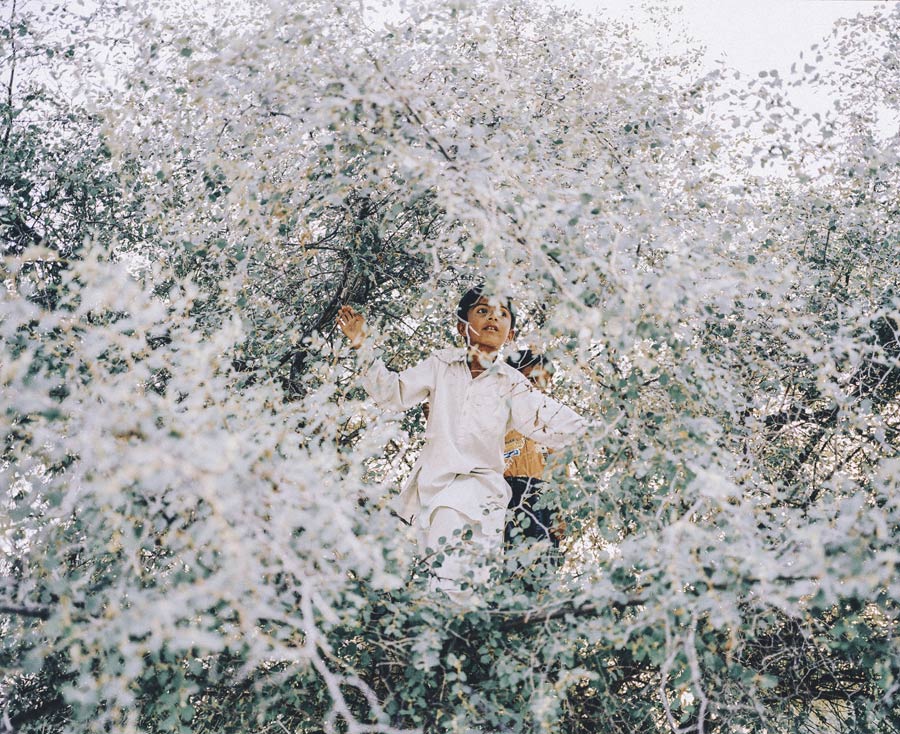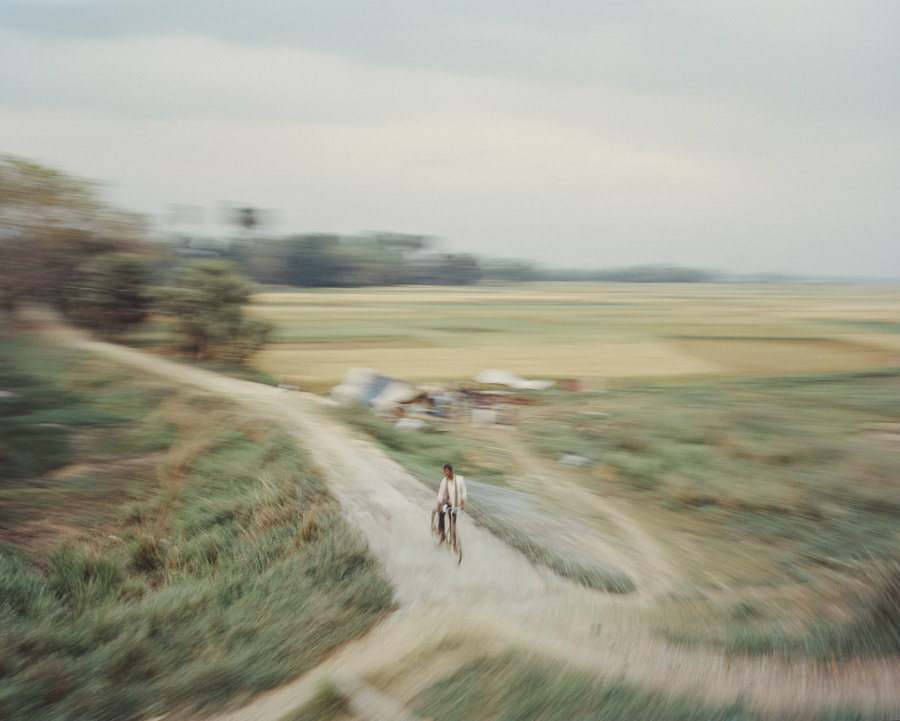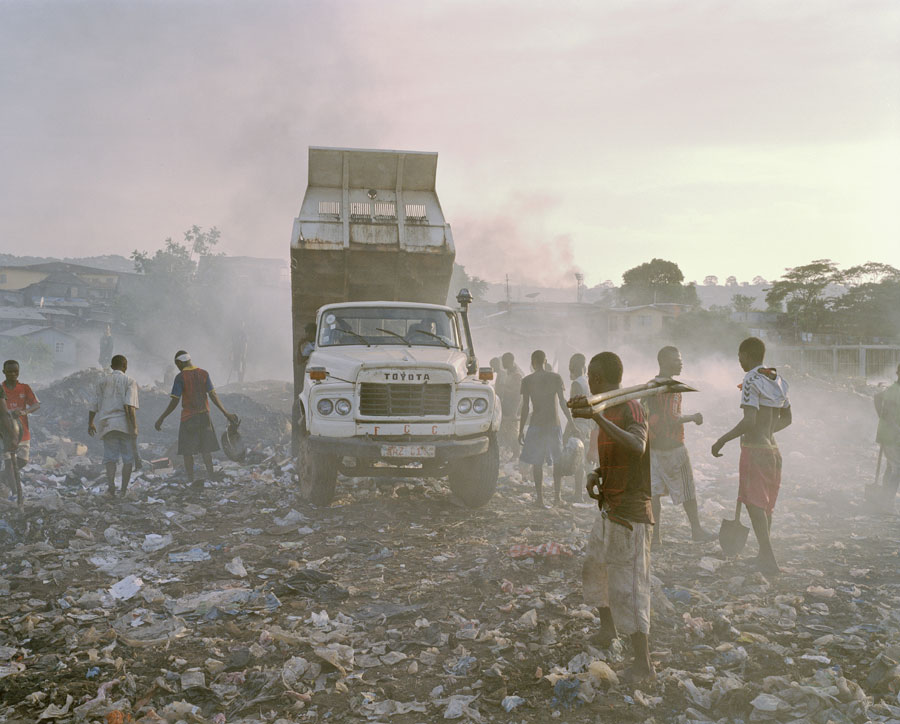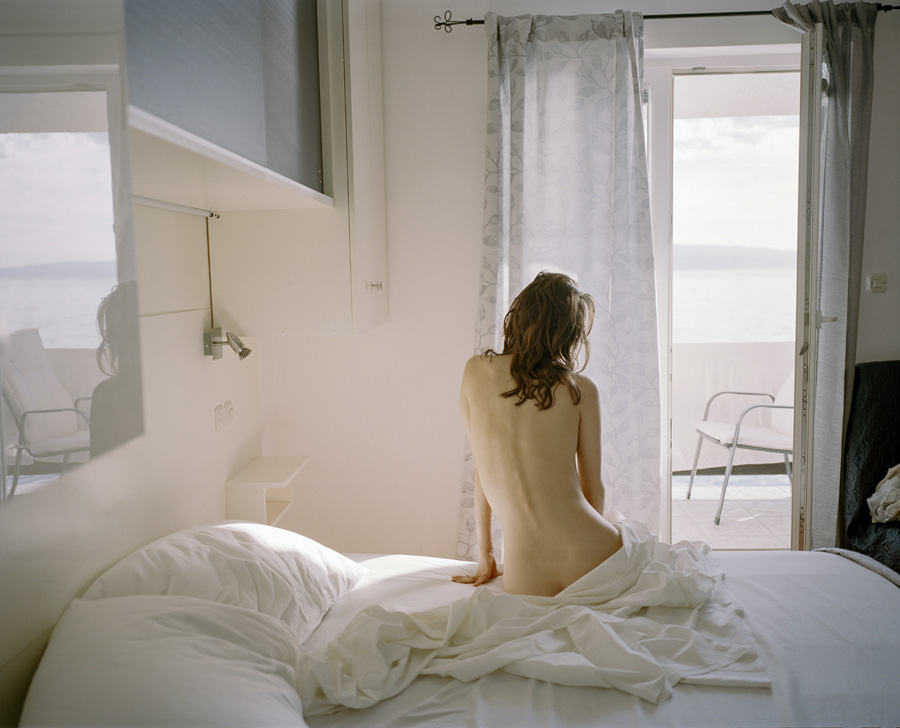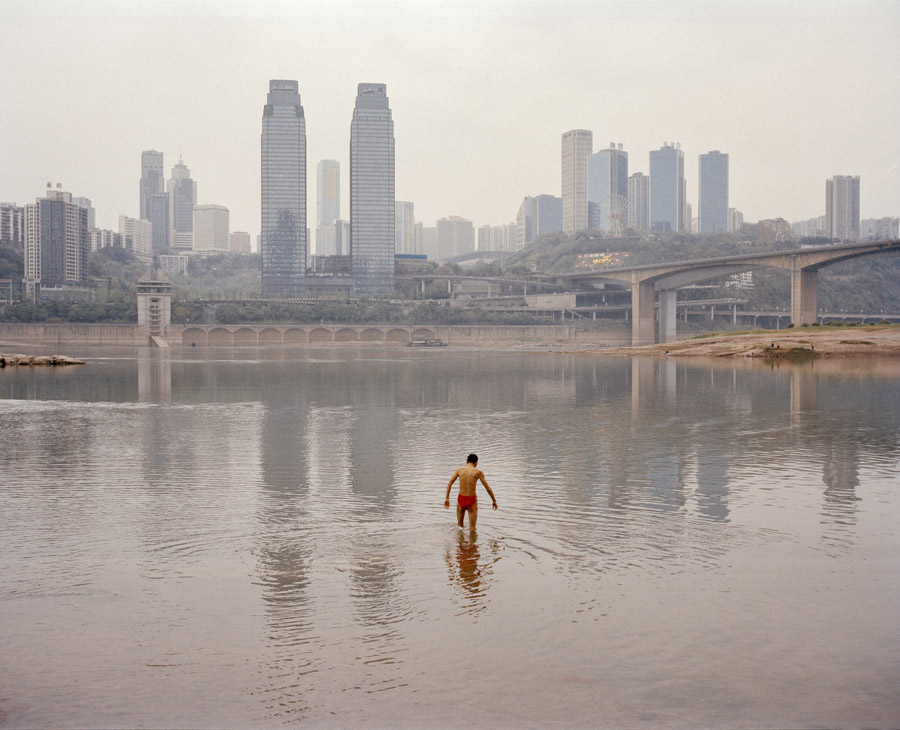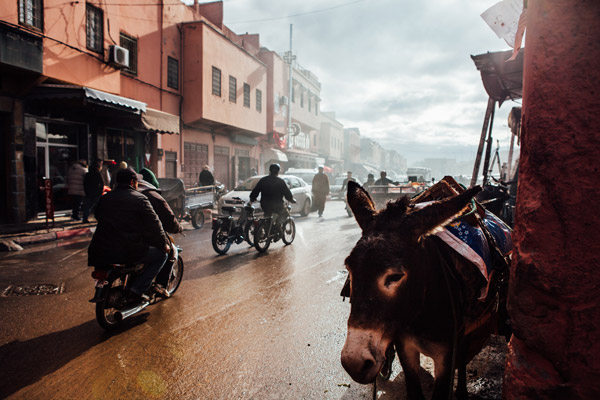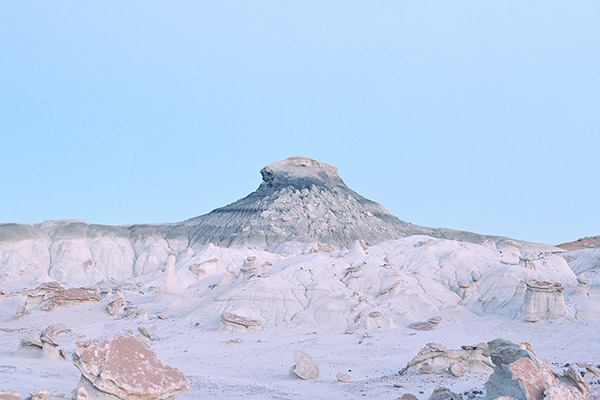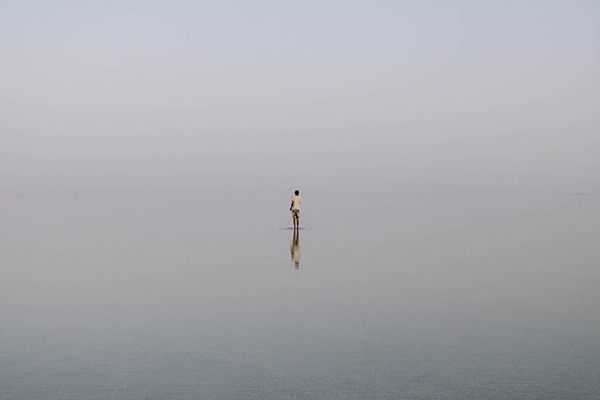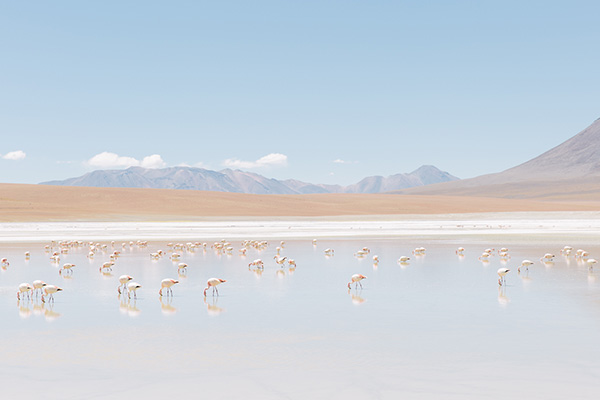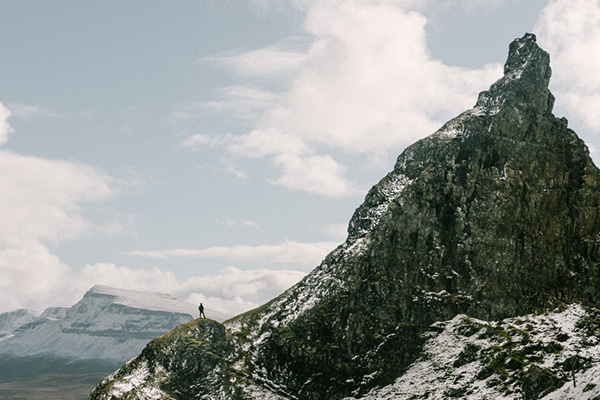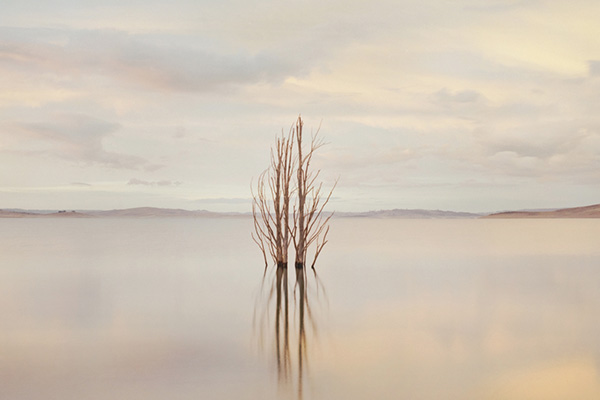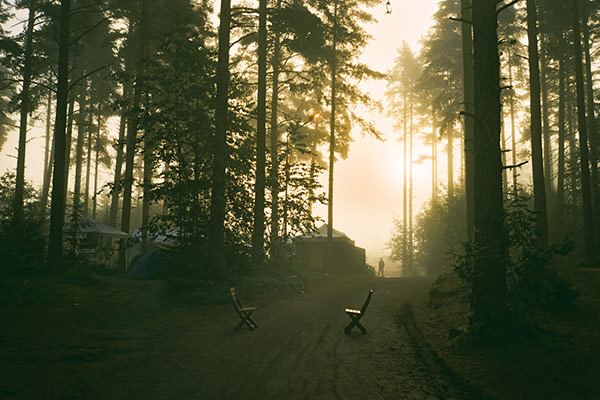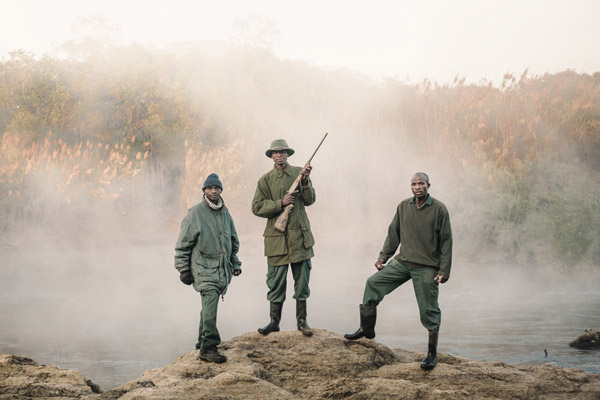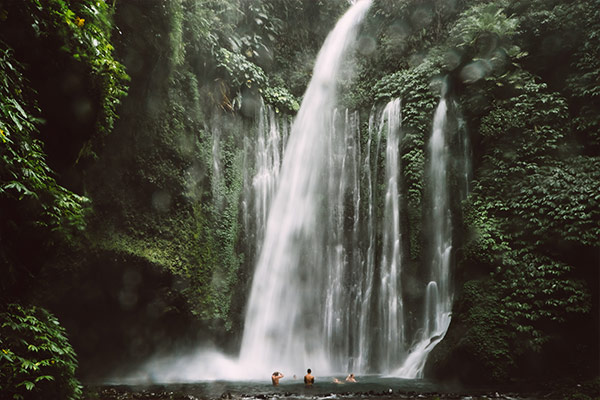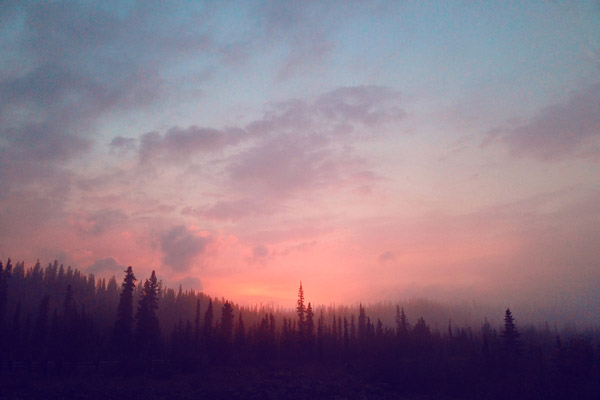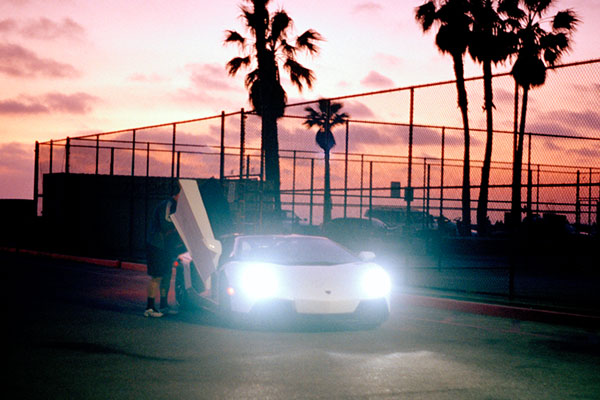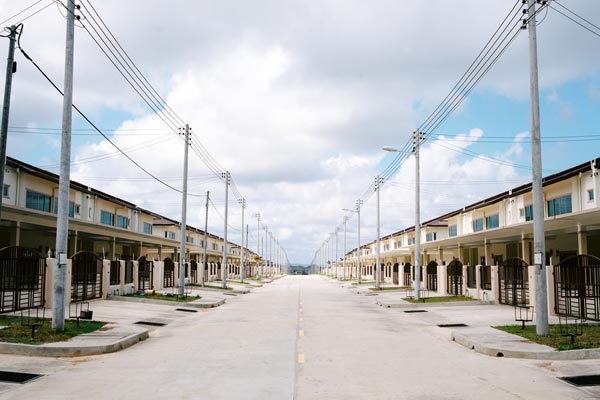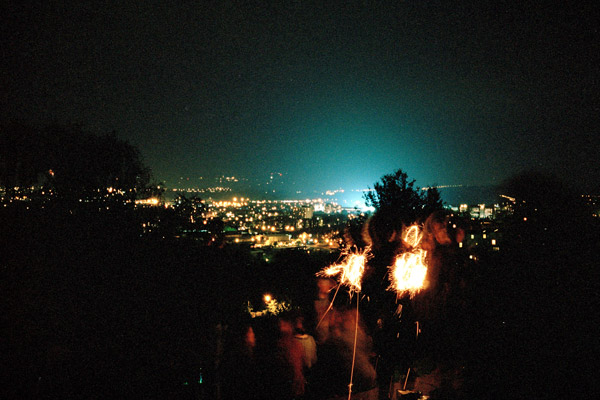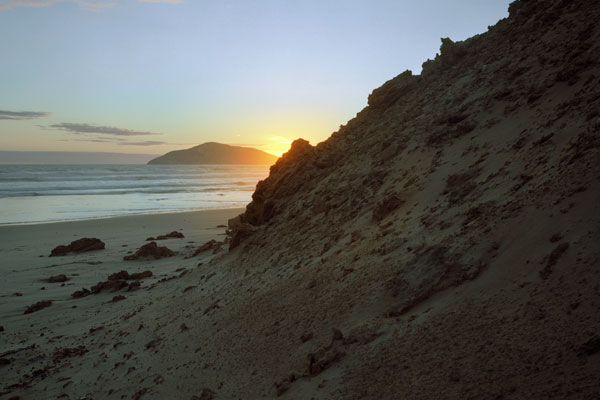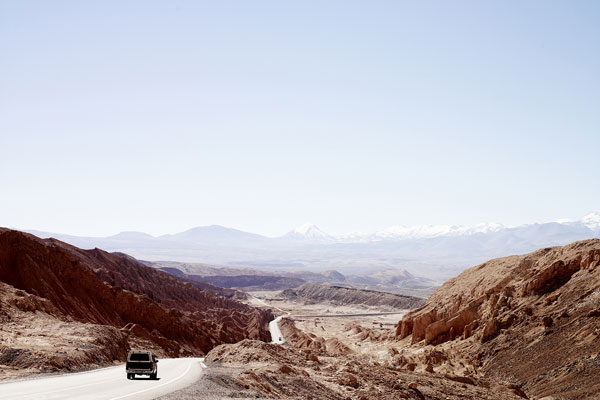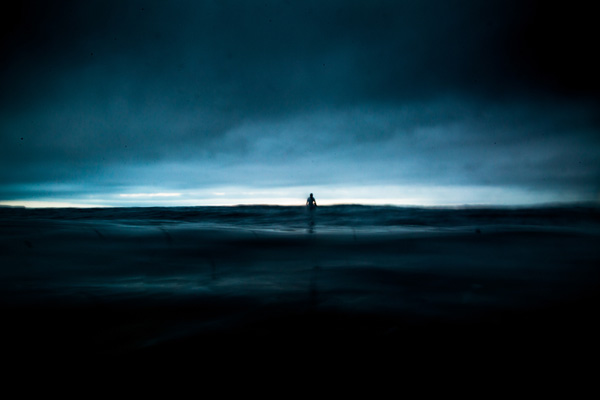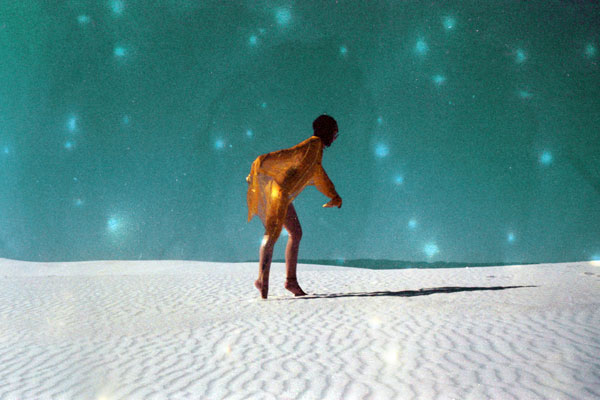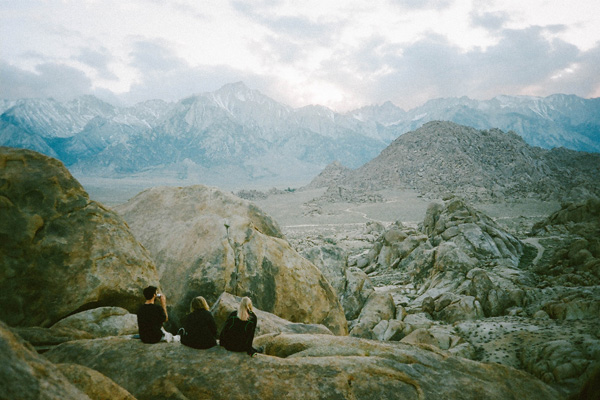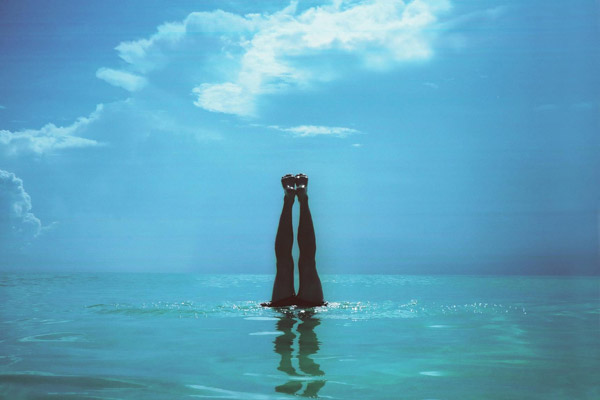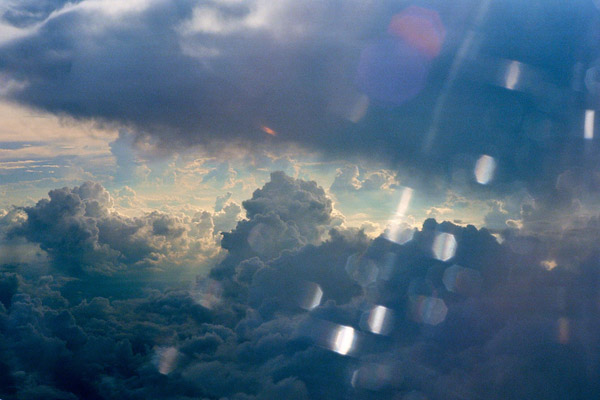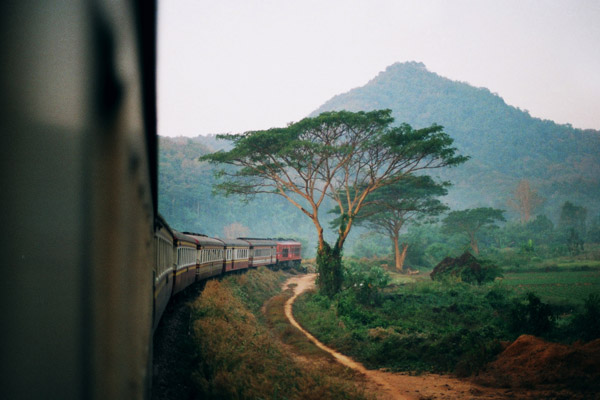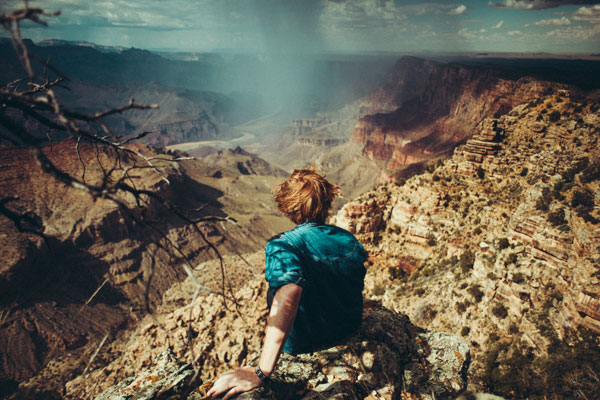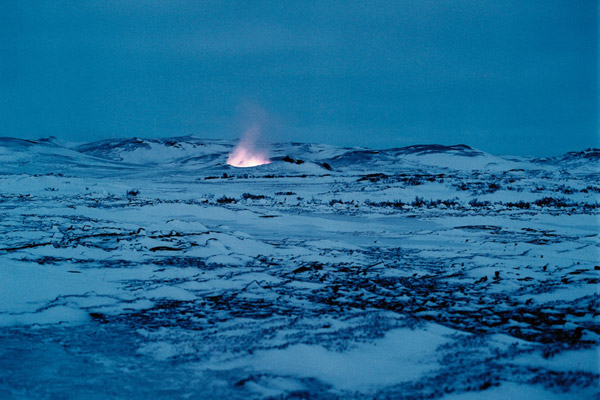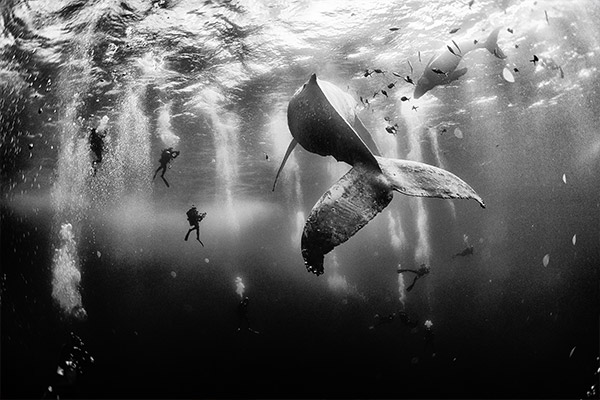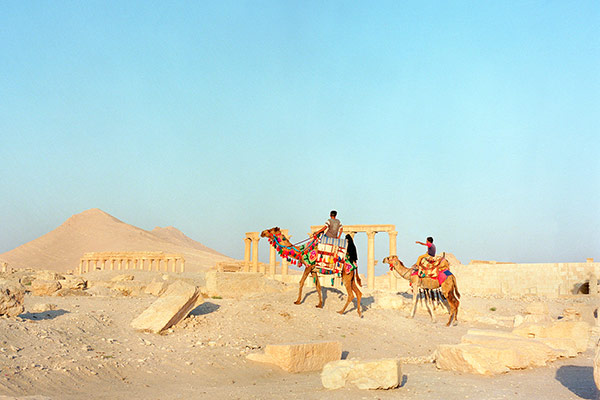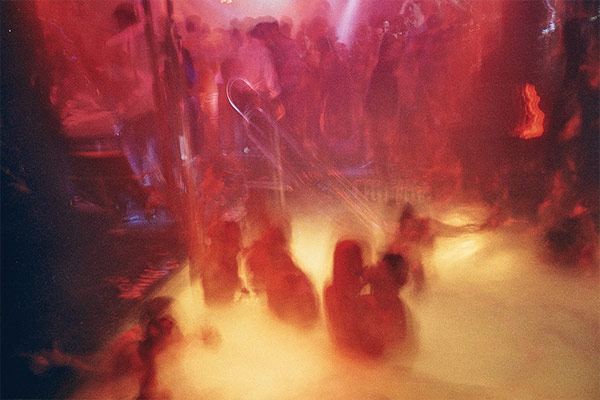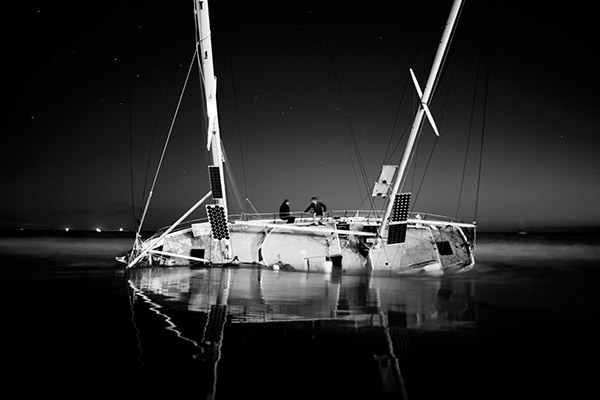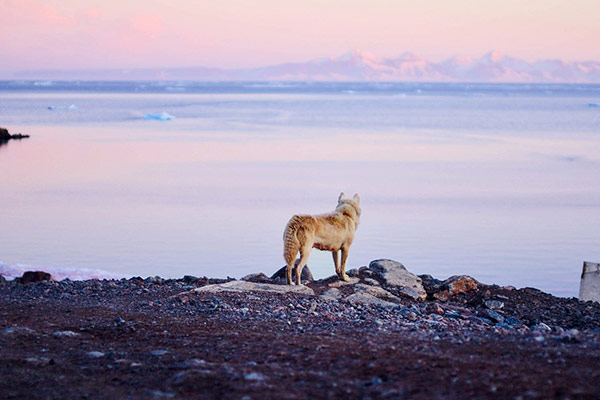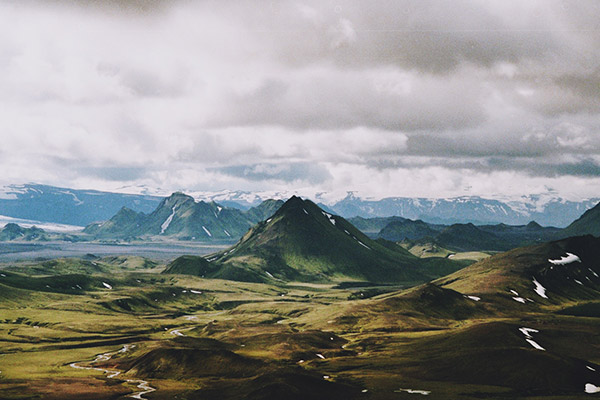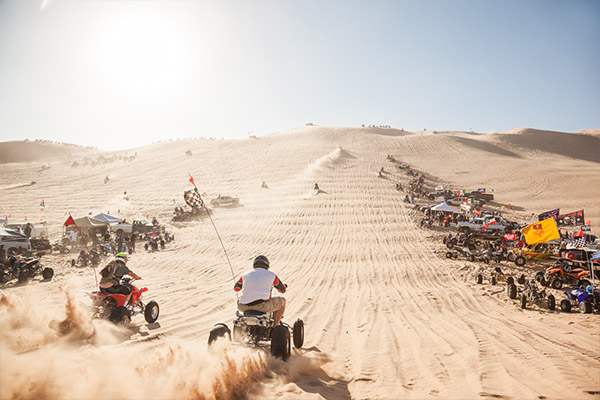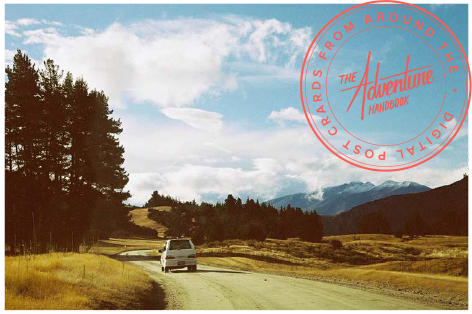Age?
29
Where are you based?
Berlin, Germany
How do you make a living?
For the last 4 years and for the next 11, I’m photographing a single project on water around the world, looking at the topic through the issues of scarcity, industrialization, population growth, access, climate change and human interaction. I receive grants and commissions for each country I work in, building the project piece-by-piece to create an overarching documentation on water.
What camera do you use?
Mamiya 7II.
How has travel made an impact on your life?
The journey to reach the places where I create my work is a large influencer in how I photograph. There’s a part of travel that is an act of submission towards experiences greater than yourself. I’ve learned through weeks and months on the road that there’s no end. Each person I meet, each continent I cross, for good or bad, is the material from which to create my work, and to ultimately learn more about what it means to be alive. Traveling has taught me a deep appreciation for this planet we share.
What is your relationship to travel/adventure, and what does it mean to you?
When I was younger, I thought travel, adventure and exploration were the goals. It took me a while to realize that it didn’t matter what I carried in my bag or how exotic the places I visited were, but what I learned. To travel is to be a student of an act that is transformative and humbling; it’s not something everyone gets to do in their lifetime. Not to say it’s so much that “what is out on the road is already within you” but I’ve asked what comes from touching the world so closely? It should be a catalyst to for more than a passport stamp, a great loneliness or a photograph. The road has taught me it’s possible to become something more. I only had to take the first step.
My project Water has taken me to some remote places, like northern Somalia to photograph water scarcity and malnutrition amongst IDP (internally displaced persons). This picture has always been a favorite of mine: a Somali mercenary hired by the Somaliland government to patrol the hinterlands, playing with his feet trying to stay in the shade.
A man on a bicycle waits for a train to pass through the agriculture fields of Uttar Pradesh, India. Recently I’ve returned to my archive of negatives, poring over contact sheets from my travels, looking for quiet, atmospheric moments I’d missed the first scanning session. This is from my month traveling down the Ganges River in 2013.
When I was in southern Pakistan, continuing my pursuit of tracking access to water amongst women and children in desert areas, there were always things outside my project work that I felt spoke softer but more profoundly about life. Sometimes I felt like these were my own memories and I was photographing my childhood: climbing trees with my best friend.
Sierra Leone was the first country I began my fifteen-year project on water. I spent a month in the capital Freetown during a cholera outbreak that struck West Africa in 2012. Water and sanitation are intertwined, as chronic infrastructure mismanagement can contribute to the spread of malaria and cholera.
Not all of my work is from my Water project. I try to photograph my personal life, during travels and holidays, relationships and road trips, not to always show but to remember. These pictures are often feelings of love, of memories of a person I’ve shared my life with. Here, my bedroom on the sea in Croatia.
Northern Sweden during midsummer on a lake. When going through my archives, I’ve seen that I photograph more clearly, more freely, being near or next to water. Going through my negative archives is like moving between years of my life summed up in far horizons, nostalgic memory and unnamed skies.
This is from right before a rainstorm in the summer at a lake in Liepnitzsee, not far from where I live in Berlin, Germany. Some friends and I had camped, swam, drank in boats and leapt off ropes. At a time when I’m traveling half the year on the road for my work, I’ve found that these places and times are the closest thing to a feeling of home.
Last year I traveled down the Yangtze River in China with a dear friend, @nikokoppel. The experience of working on my Water project with a close buddy, drifting through a culture and country that’s rapidly transforming, experiencing and learning, is the space in which I can make my best work as a photographer.
Receive a postcard from us sign up


